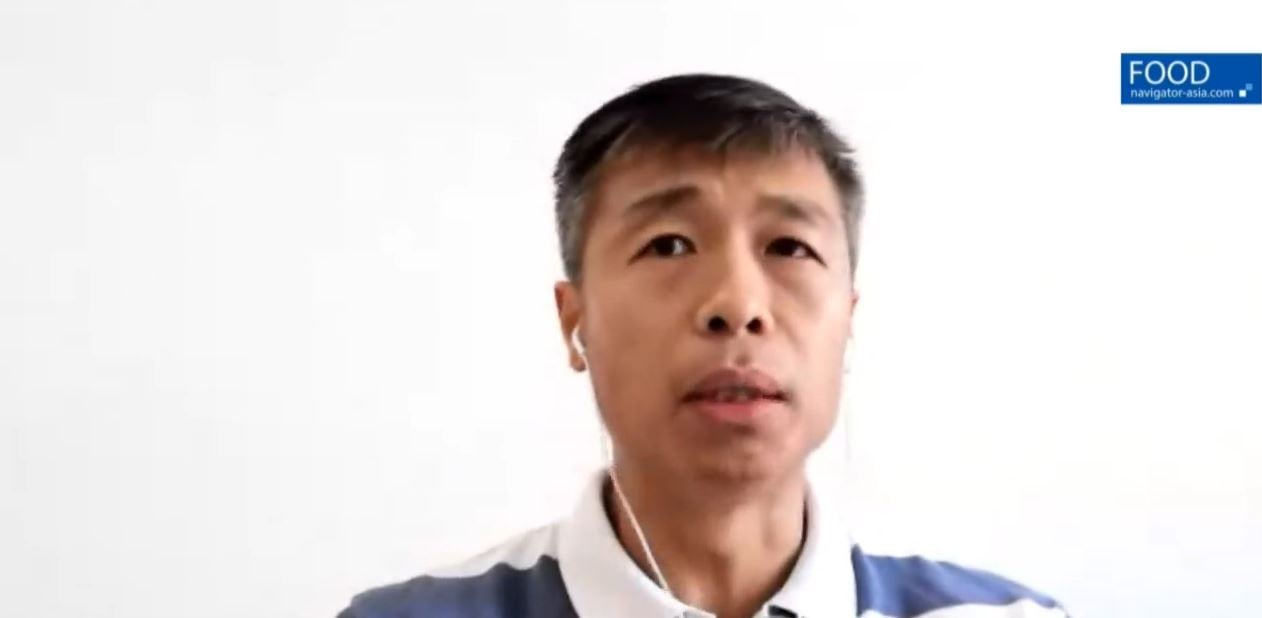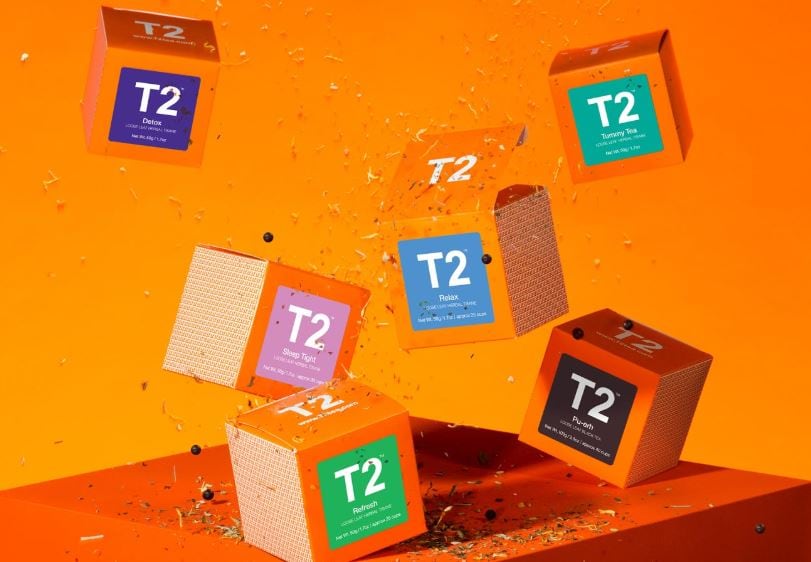The Ceylon or black tea industry in Sri Lanka has traditionally been known as one of the most legacy-driven, change-resistant sectors in the country, especially its 126-year-old Colombo tea auction.
It took the COVID-19 pandemic to ‘put people’s backs up against the wall’ and finally accelerate the move towards a digital solution, said Akbar Brothers Group (Sri Lanka) Executive Director Imran Akbarally.
“If it were not for COVID-19, I really don’t think that there would have been any change to the auctioning system to an online one within my lifetime,” Akbarally said during an online panel session at the Future Tea and Coffee Summit 2020.
“Since the tea trade was established over 100 years ago and the first auction started in 1883, the system has basically not changed much as there is a common notion that the established order works well, there is no need to change as it’s worked well for over 100 years, and who are we to make this change.”
The Colombo tea auction is conducted two days a week on Tuesdays and Wednesdays. It is considered one of the most crucial segments of the local tea industry as over 99% of tea is sold via this auction.
Before the online auction was introduced amidst COVID-19, things were done manually and took up the entirety of the two days - even the bids were submitted via ‘cry-out’ and gestures, and notes or updates noted by hand.
“I was shocked when I attended my first auction some years back and saw everyone scribbling in this small booklet and doing things so manually,” added Tea Tang (Sri Lanka) CEO Rehan Amarasuriya.
“Basically, each company or exporter just sent two representatives each and they spent a full two days there doing this. I found it hard to understand, but the tea industry in Sri Lanka does have the tendency of being slow to innovate, and that the auction has gone online means Sri Lanka is finally making change.”
Beyond the digitisation of the auction process, both Akbarally and Amarasuriya hope that this is an indication of better things to come, i.e. an opening for innovation and digitisation to spread to other aspects of the tea industry as well.
“People are often afraid to speak up within the industry in Sri Lanka due to culture and legacy concerns, and there are always brilliant brands and ideas there which just have not yet been showcased, which could allow Ceylon tea to truly stand out globally,” said Akbarally.
“Now that we’ve seen such a fundamental, radical change, I see a glimmer of hope that this will be a wake-up call to everyone – if we can do this for such a crucial item like this auction, why not also for other segments like marketing, innovation, plantation management and so on.”
Amarasuriya concurred and added that despite its long legacy, Sri Lanka still needs to make its own unique imprint globally in order to progress forward.
“Sri Lanka really needs to carve our own niche – when the industry started all those years ago, there was much less competition, but nowadays there’s so much more to consider,” he said.
COVID-19 woes
While the tea auction transformation can be viewed as a ‘positive’, both Akbarally and Amarasuriya highlighted that the COVID-19 outbreak was still one of the toughest challenges faced by the industry in the past decades.
“For me, it was the toughest challenge I’ve ever faced, and even for my older relatives with decades of experience, they said it was one of the top three most difficult times for them – and here we’re talking about people who’ve been through civil wars and various other dangerous threats,” said Akbarally.
“What’s more was that none of us in the industry got any transition period at all as tea is considered an essential service in the country so we had to learn on the job how to work through lockdown and tackle things like logistical constraints, changing WHO guidelines and occupational health and safety management.”
Halting the tea trade was ‘not an option’, according to Amarasuriya, as this would have led to ‘much worse damage’ if so.
“Sri Lanka exports some 300 million kilogrammes of tea annually, and we are a critical part of a lot of global businesses, so shutting down would have been disastrous for many,” he said.
Both Akbar Brothers and Tea Tang are family businesses spanning five generations, and have been in operation for over five decades.





